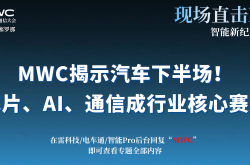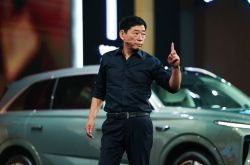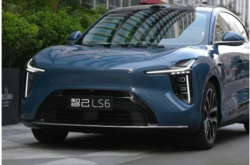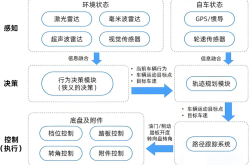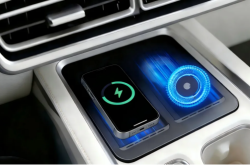Beijing Hyundai's monthly sales fall below 10,000 units, urgently requiring new products to save the situation, putting pressure on Wu Zhoutao
![]() 09/24 2024
09/24 2024
![]() 634
634
Omni-media matrix distribution, the whole industry chain of automobile and digital products

The weakness of the competitiveness of its main products has directly hindered Beijing Hyundai's overall performance.
Written by / Li Yue
Produced by / Jieche Technology Beijing Hyundai's days are becoming increasingly difficult. The latest sales statistics show that in August, Beijing Hyundai sold (retail) 9,874 vehicles, marking the first time this year that monthly sales have fallen below 10,000 units. The last time this happened was in May 2022, when sales briefly declined due to supply chain fluctuations across the industry, but quickly recovered thereafter.
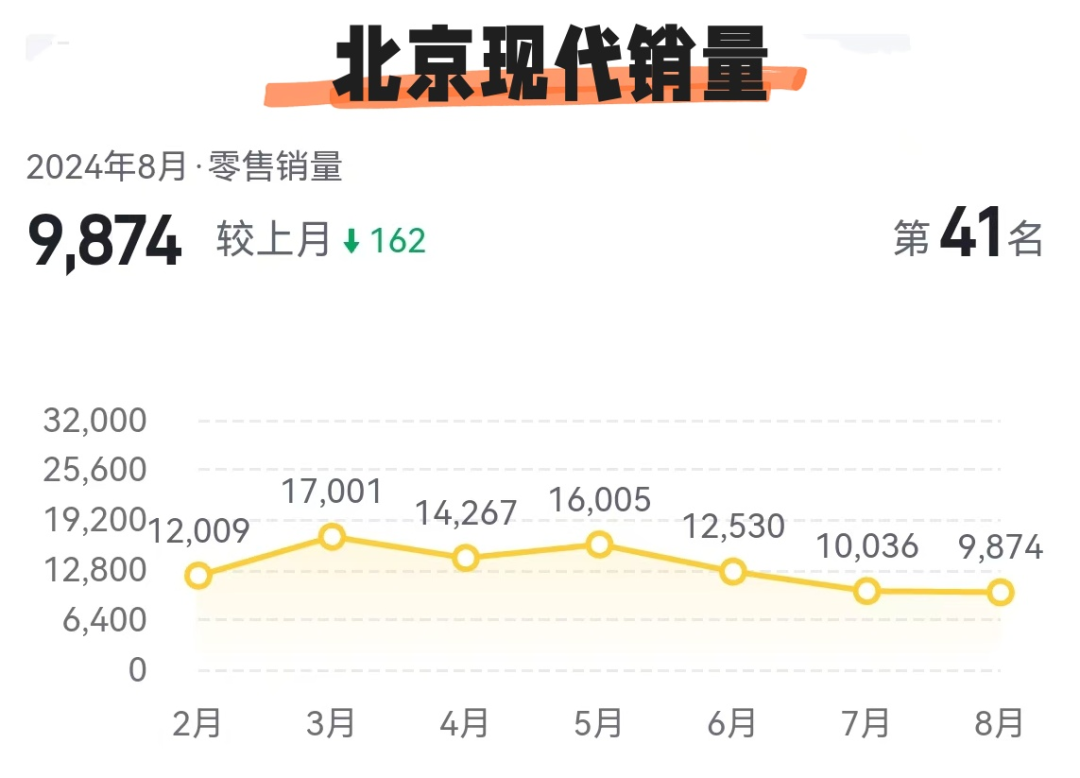
Data source: Dongchedi
From January to August 2024, Beijing Hyundai sold (retail) 114,200 vehicles, a 23.44% decrease from the same period in 2023. In terms of month-on-month sales, Beijing Hyundai has seen a decline for three consecutive months.
1
Insufficient competitiveness of main products
Urgent need for new products to save the situation
Elantra, Tucson, and Hyundai ix35 are Beijing Hyundai's top-selling products, but their sales performance has been disappointing. Elantra, once a monthly bestseller with over 10,000 units sold, has now slipped to just 4,000 units per month. Tucson has also seen a decline, from 5,000 to 2,000 units per month, while Hyundai ix35 has fallen from 4,000 to just 1,000 units per month.
The weakness of the competitiveness of its main products has directly hindered Beijing Hyundai's overall performance. According to August's automaker sales rankings, Beijing Hyundai has fallen to 41st place. It is worth noting that Hyundai Motor Group is the third-largest automaker globally in terms of sales, after Toyota and Volkswagen. While their joint ventures in China have also seen declining sales, they have not suffered as severely as Beijing Hyundai.
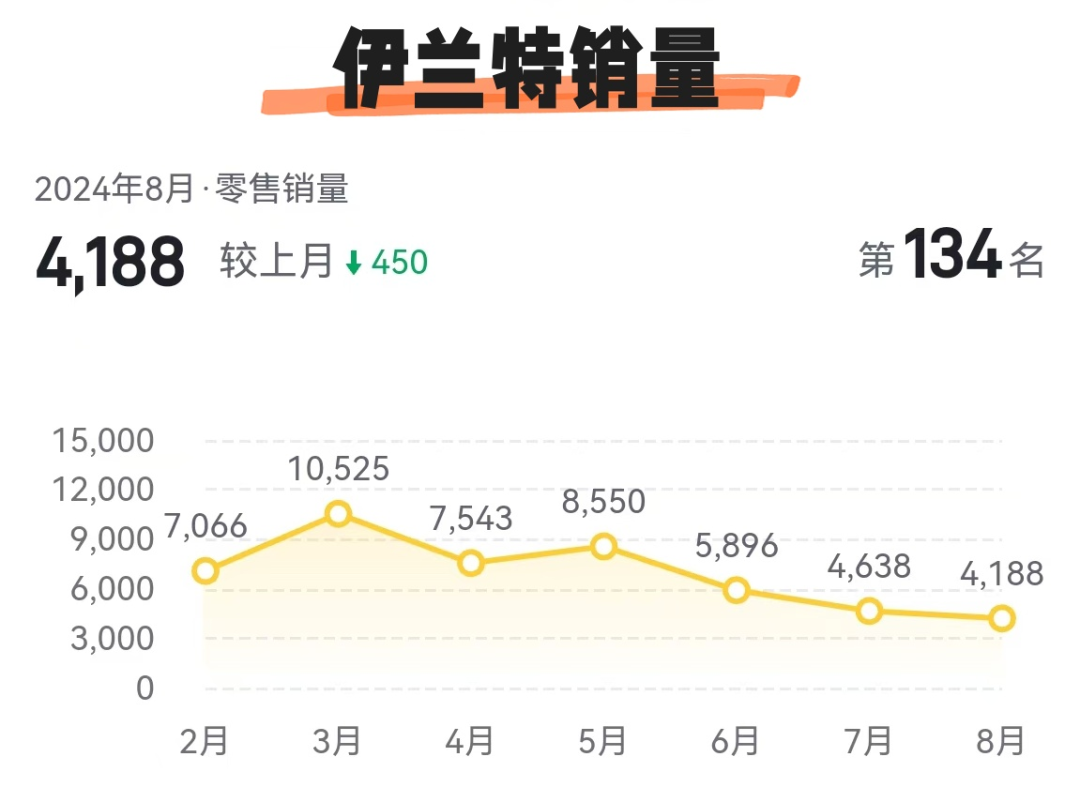
Data source: Dongchedi
In the end, market competition is all about products. At the previous Chengdu Auto Show, Beijing Hyundai officially launched its 2024 global flagship model, the fifth-generation Santa Fe. As the first "boxy" product launched by a joint venture brand, it is positioned as an outdoor light off-road mid-size SUV. The 2024 Kusto, which was launched just before the auto show, and the high-performance electric IONIQ 5 N, which was introduced to the Chinese market for the first time, were also exhibited together.
Obviously, Beijing Hyundai is counting on these three new products to turn around its declining fortunes, but objectively speaking, the challenge is formidable.
Let's start with the fifth-generation Santa Fe. In terms of power, it is a purely gasoline-powered vehicle, which makes it difficult to differentiate itself in the highly competitive mid-size SUV market. Its boxy, rugged exterior design is also not a novel concept. In terms of dimensions, it measures 4830*1900*1780 mm in length, width, and height, with a wheelbase of 2815 mm. Its length, width, and wheelbase are all smaller than the previous generation, making it less competitive in the Chinese market. Positioned as a light off-roader, it currently appeals to a niche market in China, which may not satisfy mainstream consumer demand.
Next, let's look at the 2024 Kusto, which is positioned as a 200,000-yuan-level family MPV. In the fiercely competitive mid-to-large MPV market, price is not the only factor; product quality also matters. The older Kusto was criticized for its poor fuel economy, underwhelming performance, and issues with braking and suspension systems. It remains to be seen whether the 2024 model addresses these shortcomings.
Finally, let's consider the IONIQ 5 N, Hyundai's first high-performance electric vehicle introduced to China. Based on its positioning, its competitors are expected to be the Tesla Model Y Performance All-Wheel Drive and the Ford Mustang Mach-E GT. In the Chinese auto market, the locally produced Model Y has become a benchmark product in this segment, and the belatedly introduced IONIQ 5 N may well be the next Ford Mustang Mach-E GT.
2
'In China, for the World' is a tough challenge
Even for Wu Zhoutao
China was once a very important market for Hyundai, and Beijing Hyundai played a pivotal role. When Beijing Hyundai fell into a trough a few years ago, veteran Wu Zhoutao returned and took up the position of Executive Deputy General Manager of Beijing Hyundai in 2022, becoming the Chinese leader of the joint venture.
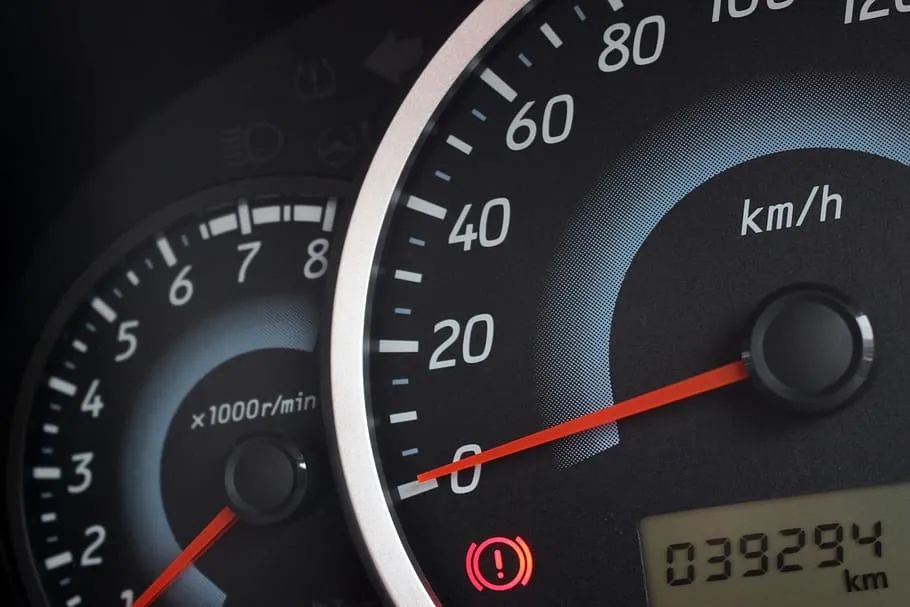
Wu Zhoutao knows Beijing Hyundai inside out. According to records, Wu Zhoutao joined Beijing Hyundai in 2002, starting as a member of the sales department and rising through the ranks to become the Director of Sales Logistics, Director of Sales Management, Deputy Sales Director, and Deputy General Manager of Beijing Hyundai. In 2018, Wu Zhoutao was transferred to Beijing Automotive Group Co., Ltd. (BAIC Motor) to serve as Vice President and General Manager of Sales, overseeing sales and marketing for BAIC's autonomous brands.
After returning to Beijing Hyundai, Wu Zhoutao admitted in a media interview that "it is inevitable that Beijing Hyundai's sales will decline in recent years." He attributed the decline to Beijing Hyundai's past over-emphasis on sales volume rather than product competitiveness or brand building, resulting in inevitable sales declines when market conditions changed.
In fact, Beijing Hyundai faces the same issues as other joint venture brands: simply introducing global models to the Chinese market with minor modifications for localized production and sales. As local Chinese brands rise, these global models become less competitive. The only difference is that Beijing Hyundai has exposed this shortcoming earlier than other joint venture brands.
Recognizing this problem, Beijing Hyundai has begun to emphasize "In China, for the World." During the previous Chengdu Auto Show, Wu Zhoutao told the media, "In the past, joint venture brands would simply take mature foreign products and make minor modifications for the Chinese market. That's no longer viable. We must now cater to Chinese consumers, which requires significant efforts in research and development."
However, Beijing Hyundai must confront the reality that "In China, for the World" is difficult to implement. Hyundai Motor Group is a global automaker with significant sales outside of China. Its research and development focus on the global market, which is not in sync with China's smart and electric vehicle trends or consumer preferences. This means that Hyundai is unlikely to compromise its global strategy for the Chinese market alone. So, when Chinese consumers see the fifth-generation Santa Fe with a slightly "local" look, they may still be dissatisfied with its dimensions.
Objectively speaking, among the Chinese leaders of joint venture brands, Wu Zhoutao is a sober-minded individual. He has experienced the heyday of joint venture brands and grown alongside them, but he has not clung to outdated ideas. Instead, he has recognized the shortcomings of joint venture brands and Beijing Hyundai, which is commendable. So, the question arises: In the current fiercely competitive market, can Wu Zhoutao, with his clear-headed perspective, help Beijing Hyundai hit bottom and rebound? Only time will tell, but the clock is ticking.

